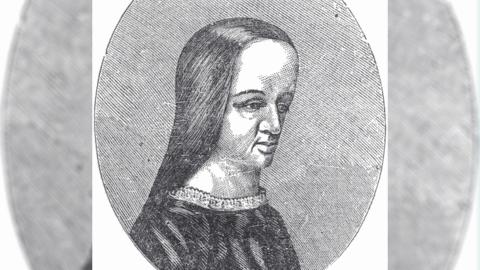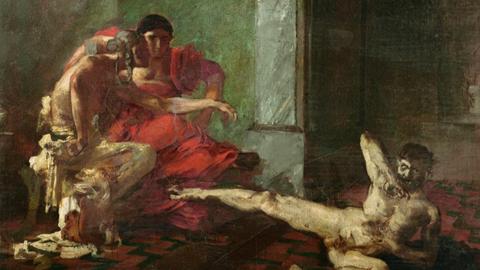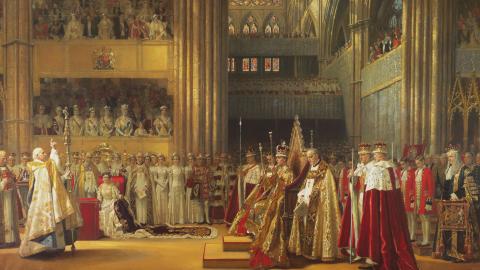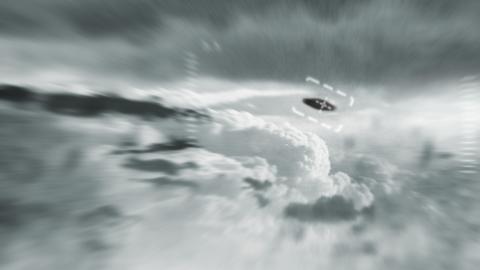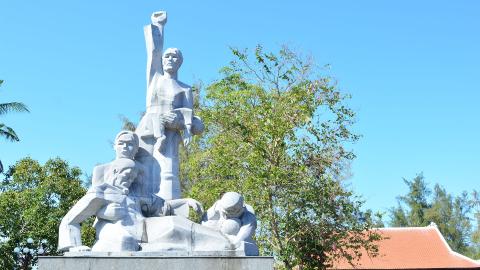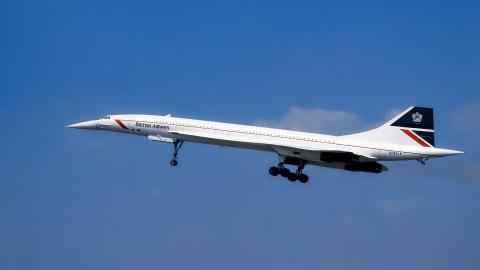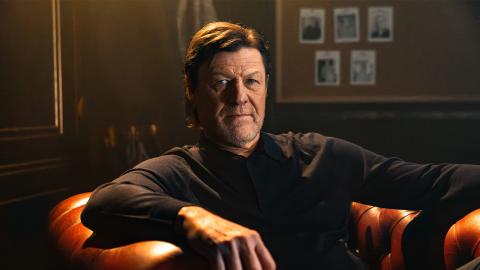Robert Mugabe: Biography
Robert Gabriel Mugabe was born in Matibiri village in the Zvimba District northeast of Salisbury in Southern Rhodesia – now known as Zimbabwe.
Both his older brothers died when he was young, leaving Robert and his younger brother, Donato. His father, Gabriel Mugabe Matibiri, abandoned the family in 1934.
Robert was educated at mission schools and eventually attended the University at Fort Hare in South Africa (between 1950 and 1951), before becoming a teacher.
In the late 1950s he taught in Ghana, where he became interested in Marxism and African nationalism. After returning to Southern Rhodesia in 1960, he became publicity secretary for the National Democratic Party (NDP).
Led by Joshua Nkomo, the NDP was a nationalist political party that opposed white rule in what was a British colony. After the NDP was banned in 1961, Mugabe became secretary general of Nkomo’s new party, the Zimbabwe African People’s Union (Zapu), which was also soon banned due to its opposition to white rule. Mugabe broke with Nkomo and ZAPU in 1963 and helped form the more radical Zimbabwe African National Union (Zanu). He soon became the secretary general of the banned Zanu.
In 1961, Mugabe married fellow teacher Sally Hayfron. Their only son, Nhamodzenyika, died on in 1966 from cerebral malaria. Hayfron herself died in 1992. Mugabe went on to marry his secretary Grace Marufu in 1992, with whom he had two children.
In 1964, he was arrested for his political activities and detained by the Rhodesian authorities for ten years. Studying law during his time in prison, Mugabe received degrees from the University of South Africa and the University of London by correspondence. He also remained an extremely popular nationalist figure, with many Zanu members choosing to support him as leader of the party instead of the incumbent Ndabaningi Sithole.
After his release he left Rhodesia for neighbouring Mozambique in 1974 and led the largest of the guerrilla forces fighting a protracted and bloody war against the Rhodesian Front government of Ian Smith.
After months of negotiations the 1979 Lancaster House agreement set the seal on a peace deal and Mr Mugabe returned home to a rapturous welcome from black supporters. He initially built a coalition government with Joshua Nkomo, whose Zapu forces had also fought the Smith government, but the discovery of a large arms cache at Zapu-owned houses led to Mr Nkomo's dismissal from government. A brutal crackdown on Zapu supporters followed, leading many commentators to compare Mr Mugabe's own approach to political opposition with that during the time of white rule.
In 1987 the position of Prime Minister was abolished and Mugabe assumed the new office of executive President of Zimbabwe, gaining additional powers in the process. As leader of Zanu – now known as the Zimbabwe African National Union-Patriotic Front (Zanu-PF), he was re-elected in 1990 and 1996, and in 2002.
One of the undoubted achievements of Mugabe’s 27 years in power was the expansion of education. Zimbabwe has the highest literacy rate in Africa at 90% of the population. However in 1990, a struggling economy forced Zimbabwe to adopt a World Bank Structural Adjustment Program, which called for the Mugabe government to move away from Marxism in favour of a freer economy. Zimbabwe had given priority to human resource investments and support for smallholder agriculture, making it largely unable to absorb graduates from its impressive education system into the labour market.
In 1989 and again in 1994, Mugabe was forced to dismiss ministers and party associates when corruption was revealed at the highest levels of government. In spite of unrest resulting from drought, unemployment, and the slow progress of land reform, Mugabe continued to be re-elected, amid claims of widespread vote-rigging and intimidation from opposition candidates who had withdrawn from their campaigns.
In recent years Mr Mugabe has become an increasingly outspoken nationalist, lashing out at the 75,000 white Zimbabweans and their alleged foreign backers for his country's economic collapse. In 2000, a chaotic land resettlement process began whereby 10 million hectares of white-owned farmland was effectively seized by the state and turned over to settlers who ranged from peasant farmers to members of the political elite.
Rather than redistributing land for the good of the population, critics of the government claimed the reform programme was used by Mugabe as a political ploy to buy patronage and cling to power. Crucially many of the incoming settlers lacked the resources and expertise to farm their land productively.
Despite international opposition, the land seizures continued; the political opposition and foreign media faced increasing restrictions. With an approaching presidential election, the European Union imposed targeted sanctions on Mugabe and the Zimbabwean leadership in February 2002 after its team of election monitors was refused entry to the country. Following the election - Mugabe claimed victory over Movement For Democratic Change (MDC) leader Morgan Tsvangirai after a poll that was seen as flawed by most observers - Zimbabwe was suspended from the Commonwealth of Nations. Crucially during this period, Mugabe’s regime retained the tacit support of several southern African leaders including South Africa’s president Thabo Mbeki.
In October 2004, the MDC competed in the 2005 parliamentary elections in spite of continued concerns about voter intimidation and the supposed fairness of the ballot. Zanu-PF won the contest and with it over two-thirds of the seats in the legislature, placing Mugabe in an even stronger position in power. In 2007, Morgan Tsvangirai was arrested and beaten following a prayer meeting in the Harare suburb of Highfields. Another member of the MDC was killed while other protesters were injured. Mugabe claimed at the time that "Tsvangirai deserved his beating-up by police because he was not allowed to attend a banned rally."
Mugabe’s increasingly tyrannical regime looked to be coming to an end in the 2008 General Election, despite accusations of further electoral impropriety. In April, the Zanu-PF party privately conceded that Mugabe had lost the first round of the presidential election to the opposition leader Morgan Tsvangirai. But after much contraversy and a second round of elections Mugabe was sworn in for another term as President.

